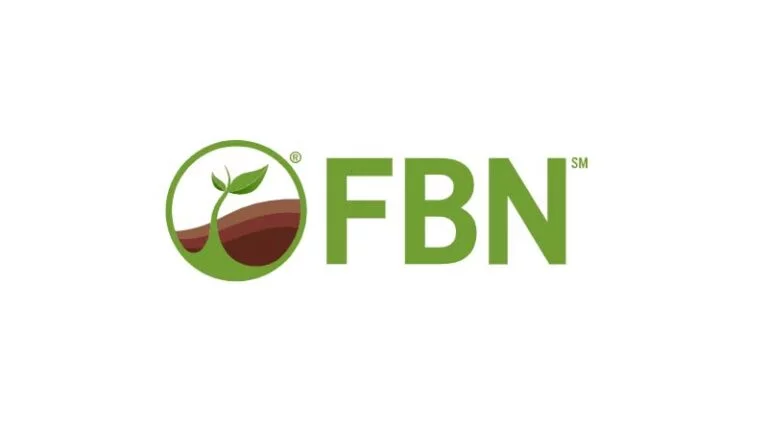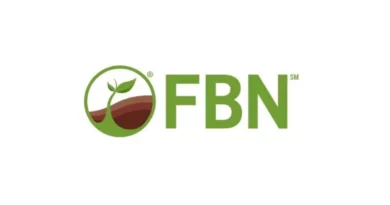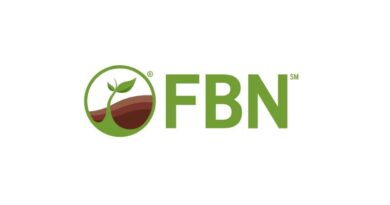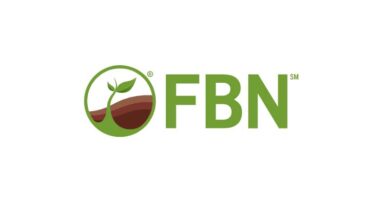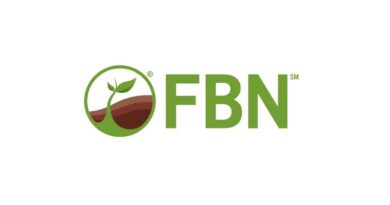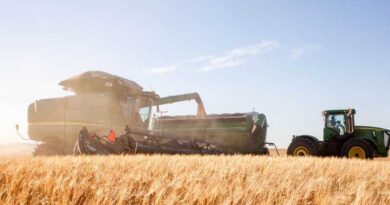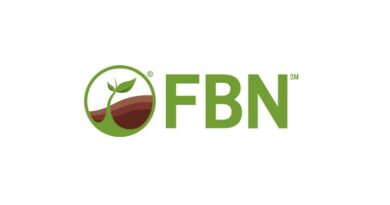How to Assess the Value of Farmland
29 September 2023, US: Assessing the value of farmland is a critical first step in making an informed purchase decision that allows farmers to better understand their borrowing potential, negotiate favorable loan terms and finance agricultural activities or expansion plans.
When assessing farmland value, it’s essential to understand the factors that impact how much a piece of land is worth.
6 Ways to Assess Farmland Value
1. Location
Location plays a significant role in farmland valuation. Farmland near urban areas or major transportation routes may have higher value due to market access and potential development opportunities. The presence of infrastructure and amenities, such as irrigation systems, drainage, fencing, barns and access to utilities, will also impact value.
Property Taxes
Farmland value is typically determined by location, potential income generation and capacity for productivity. Property taxes are then calculated based on this estimated value, so knowing whether a piece of land is enrolled in a current use or differential assessment to lower property taxes is valuable information.
Zoning and Regulations
Local zoning regulations and land-use restrictions may affect certain agricultural practices or land use, such as residential or commercial development. Parcels zoned for agricultural use will have higher values because they can support farming activities and operations.
2. Markets
Market trends impact the profitability of farming operations because they directly influence the demand for agricultural products and, in turn, the value of farmland. Market conditions and factors that impact farmland values include:
- Commodity prices
- Land sales trends
- Supply and demand dynamics
- Government policies
3. Farm Income
The income potential of a farm directly affects its market value. Farm income is typically evaluated based on the historical and projected earnings of the farm. Potential buyers should consider a farm’s ability to generate revenue through factors such as:
- Crop yields
- Livestock production
- Rental income
- Government subsidies
4. Comparable Sales
Comparable sales involve identifying recent sales of similar farmland properties that provide valuable data points such as location, soil quality, size and agricultural potential. This helps farmers determine if a property value is reasonable. Other key points to keep in mind when comparing sales data include:
- Location
- Sizes and features
- Timeframe
- Adjustments
- Price
5. Soil Quality and Cropping History
Knowing the soil type on a piece of farmland is critical as it allows potential buyers to assess future crop performance based on how other farms with the same soil type have performed in the area. Running soil tests can also provide valuable information about soil fertility, nutrient levels, pH balance and organic matter.
Understanding a farm’s cropping history lets prospective buyers assess the land’s suitability for specific crops, provides information on the success or failure of management practices and the use of fertilizers, pesticides or irrigation.
6. Land Size and Use
Larger parcels of land tend to have higher values due to operational efficiency and the ability to produce higher yields. Larger farms may also have lower operating costs because labor and machinery use tends to be more efficient on a per-acre basis, and they provide the flexibility for future expansion and diversification of farming activities.
Land that supports a variety of crops or livestock can hold more value due to its versatility. Highly productive cropland with good soil quality and access to water resources may be more valuable than land used for grazing livestock, while land used for pasture, orchards or vineyards may have varying levels of productivity and profitability. Farmland that offers diversification can help mitigate risk and enhance income potential.
Get Estimated Land Values with AcreVision℠ from FBN®
If you’re trying to assess the value of a farmland parcel before making a purchase, FBN recently launched a new evaluation tool to help you get the insights you need to make an informed buying decision.
AcreVision is an innovative farmland evaluation system designed to assist farmers in making informed decisions about potential land purchases by providing estimated land values, soil types, recent sales, terrain information and other details about specific farmland parcels.
The tool shows estimated land values that include price/acre, total value, price/tillable acre and estimated tillable land.
Also Read: More Power. More Intelligence. New Holland presents the new T7.340 HD with PLM Intelligence
(For Latest Agriculture News & Updates, follow Krishak Jagat on Google News)

